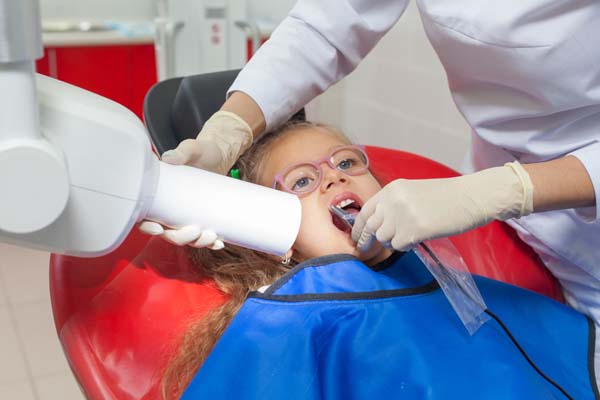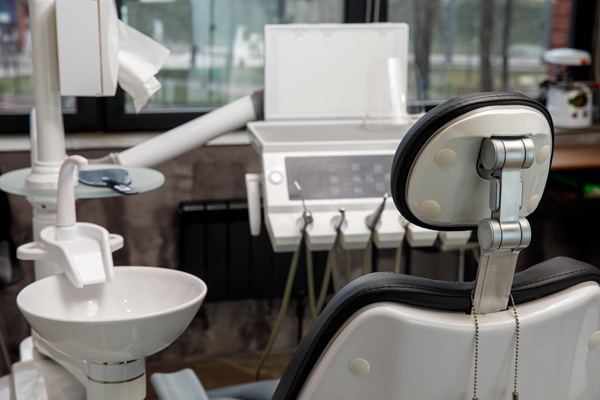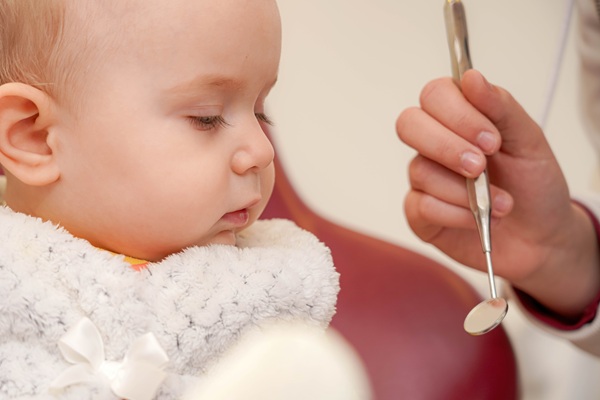Dental Emergencies: How a Dentist for Kids Can Help

An experienced dentist for kids can deal with dental emergencies. Kids are prone to these dental problems. For such crises, a pediatric dentist knows how to calm down and help young patients. Here are the details on how a dentist for kids can help with dental emergencies.
Injuries to the soft oral tissues
Apply pressure with a bandage or clean cloth. Make sure that the hands are clean before applying pressure on the area. For external wounds, clean the area but avoid scrubbing it. Apply an antiseptic and dry the area. See the dentist right away.
The dentist for kids will treat the injury based on the severity of the damage. A physical inspection of the injured area can determine the source of a possible infection. The dentist may stitch the area if necessary. Cleaning and disinfecting the area will happen as well. The pediatric dentist may use sedation methods to relax the patient during the treatment.
A knocked-out tooth
Control the bleeding right away. Find the tooth and place it under gentle running water. Refrain from using soap. Avoid scrubbing it or touching its roots. Place the tooth in some milk while driving to the dental clinic. The dentist may be able to reattach the tooth if it is still moist and alive.
Once the child arrives at the clinic, the dentist for kids will repair the tooth. The pediatric dentist will place it back into its socket and splint it to the adjacent teeth. This is possible by using a plastic or metal wire. The dentist will remove the splint once the tooth is stable again. If the baby tooth cannot return to its socket, the dentist for kids will use a space maintainer. This device will maintain the dental space for the developing permanent teeth.
Damaged teeth
The child may experience dental fractures, chipping, or cracks. Dental damage can be a result of trauma from playing sports or outdoor activities. Look for the fragment that chipped off. Place it in some milk while driving to the dentist for kids.
The dentist will examine the child’s teeth first. This will help create the right treatment plan. The parent will receive proper instructions on caring for the child’s repaired tooth. Here are some of the treatments the dentist for kids may suggest for the damaged tooth:
- Crowning the tooth may be necessary if the damage needs more than a root canal treatment. The dentist for kids will place a crown over the treated tooth. The cap will restore the tooth’s appearance and function. It can also protect the tooth against future damage.
- Bonding and filling can also repair a damaged tooth. A small chipped portion is simple to repair. The dentist for kids will file the edges of the tooth. This will prevent it from cutting the surrounding soft tissue. A bigger break will call for dental bonding. The dentist for kids will shape the bonding material to the affected tooth. Polishing it will come next.
Knowing how a dentist for kids helps with dental emergencies can motivate you to seek the right type of treatment
Research shows that children are often prone to dental emergencies. Dental damage can affect their self-esteem and quality of life. It is a problem that a dentist for kids can resolve depending on the severity of the emergency. Working with your pediatric dentist can lead to your child’s better appearance and dental function.
Request an appointment here: https://parksidepediatricdentists.com or call Parkside Pediatric Dentists at (925) 504-4011 for an appointment in our Concord office.
Check out what others are saying about our dental services on Yelp: Kid Friendly Dentist in Concord, CA.
Related Posts
Pediatric dentists need pediatric dentistry tools to examine and treat their young patients. A child’s mouth has a simple environment. Basic pediatric dentistry tools can help the dentist perform oral examinations. If you are going to bring your child to a dental exam for the first time, here are the pediatric dentistry tools to expect.This…
Dental sealants can improve your child’s pediatric dental health. Baby teeth may be temporary, but they are important. Primary teeth act as guides for the emergence of adult teeth. If you want to know how pediatric dental sealants can protect your child’s teeth against cavities, here are the details.Pediatric dentists paint a liquid sealant on…
Starchy foods often lead to damages from cavities. Children love to eat. Diet seems to play a significant role in a child’s dental health. Telling your child not to eat sweets is only half the battle. The real targets are starchy foods. If you want to find out some pediatric dentistry information regarding starchy foods,…
Your pediatric dentist can answer your questions about pacifier use and thumb-sucking. All newborns need to suck. It is an instinctive behavior for feeding. For some infants, sucking is calming and soothing. This adorable behavior can use thumbs or pacifiers. If you want to know more about pacifier use and thumb-sucking, here are some questions…


